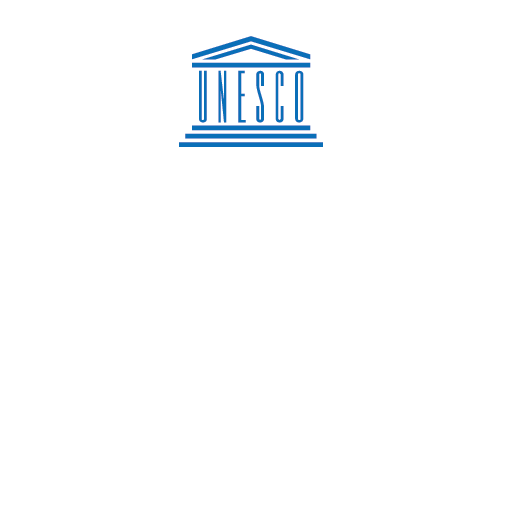In today’s interconnected world, culture's power to transform societies is clear. Its diverse manifestations – from our cherished historic monuments and museums to traditional practices and contemporary art forms – enrich our everyday lives in countless ways.
UNESCO is convinced that no development can be sustainable without a strong cultural component. Indeed, only an approach to development, focused on the human and based on mutual respect and open-minded dialogue between cultures, can lead to sustainable, inclusive and equitable results.
In order to insure that strategies and plans for development take account of culture, an approach in three parts is necessary: UNESCO is the leading advocate for the promotion of culture and development throughout the world, while committing itself to formulating clear policies and legal frameworks with the international community, and working at grass-roots level to assist governments and local actors in the field concerned with safeguarding heritage, promoting creative industries and encouraging cultural pluralism.

UNESCO’s well-known cultural conventions form a unique global platform for international cooperation and establish a complete plan for cultural governance based on human rights and shared values. These international treaties are designed to protect and safeguard the world’s cultural and natural heritage, including archeological sites, underwater cultural heritage, museum collections, intangible heritage such as oral traditions and other forms of heritage, while at the same time encouraging creativity, innovation and the emergence of dynamic areas of culture.

